Military Hospital 175 (HCMC) recently informed: Recently, the hospital has continuously received 3 elderly patients admitted for emergency treatment due to peritonitis (abdominal infection) and intestinal perforation due to taking pills in the original blister pack.
Most recently, patient NVP (78 years old) was admitted to the Intensive Care Unit due to severe sepsis. The patient swallowed a blister pack of pills, causing an abdominal infection due to multiple ileal perforations.
The patient was then operated on by doctors from the Abdominal Surgery Department to remove the foreign object, which was a pill still in its shell with sharp edges. The medical team removed the damaged intestine and cleaned the abdominal cavity.
After surgery, the patient responded well to treatment and was discharged from the hospital.
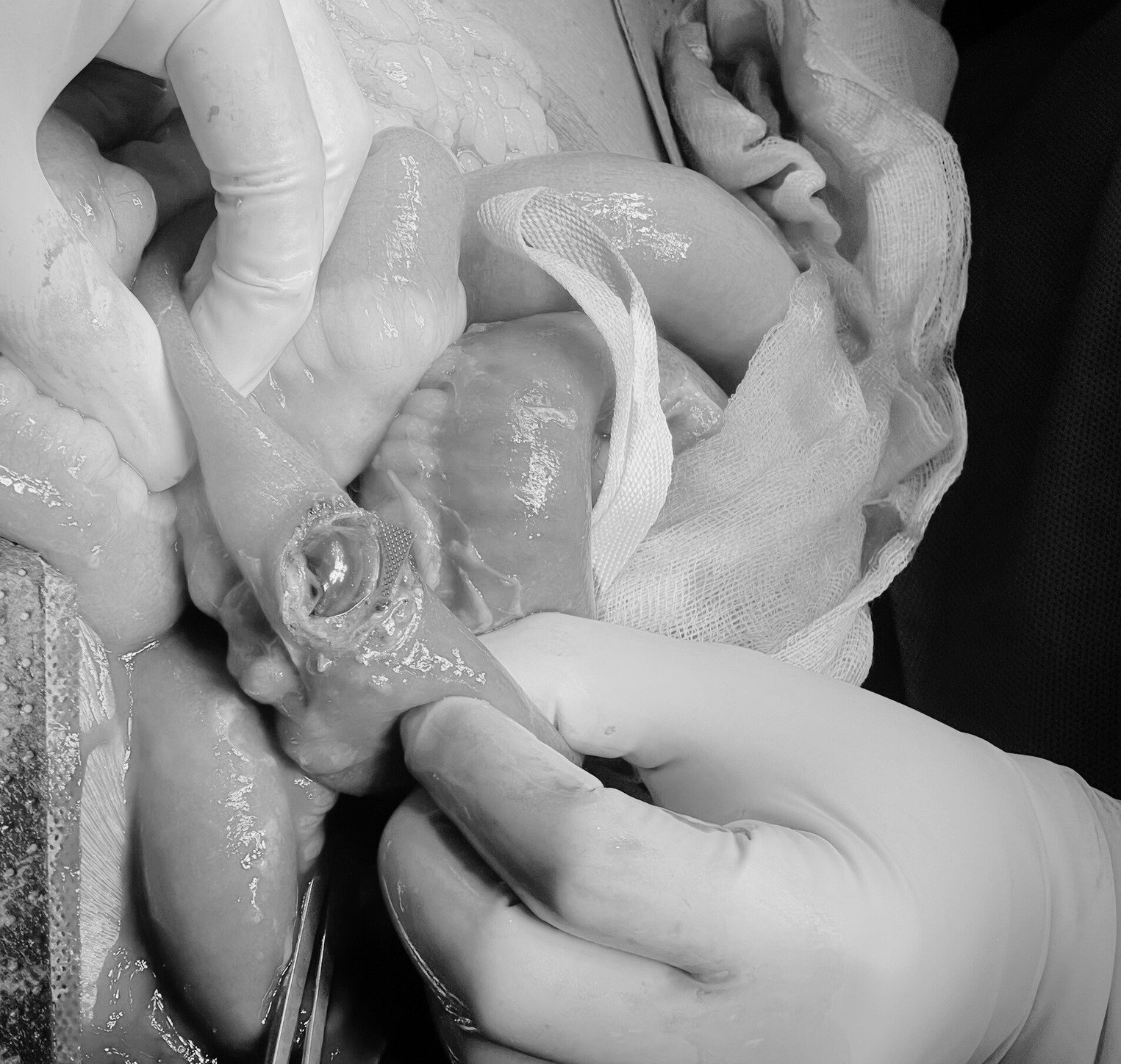
Image of a pill with a sharp edge piercing a patient's intestine. Photo: BVCC
According to Dr. Trinh Van Thao, Head of the Abdominal Surgery Department of Military Hospital 175, the common points of the 3 patients are that they are all old, have memory and vision loss, many underlying diseases, and have to take many types of medication every day.
The patients' medicine ration is pre-cut and divided into meals. Some of the medicines are cut into individual pills from large blister packs but are still kept in the blister packs. This leads to patients accidentally taking the pills without removing them from the blister packs.
As a result, the blister pack ruptured the intestines, causing an abdominal infection during transportation and seriously threatening the patient's life. The doctor had to perform surgery to remove the blister pack.
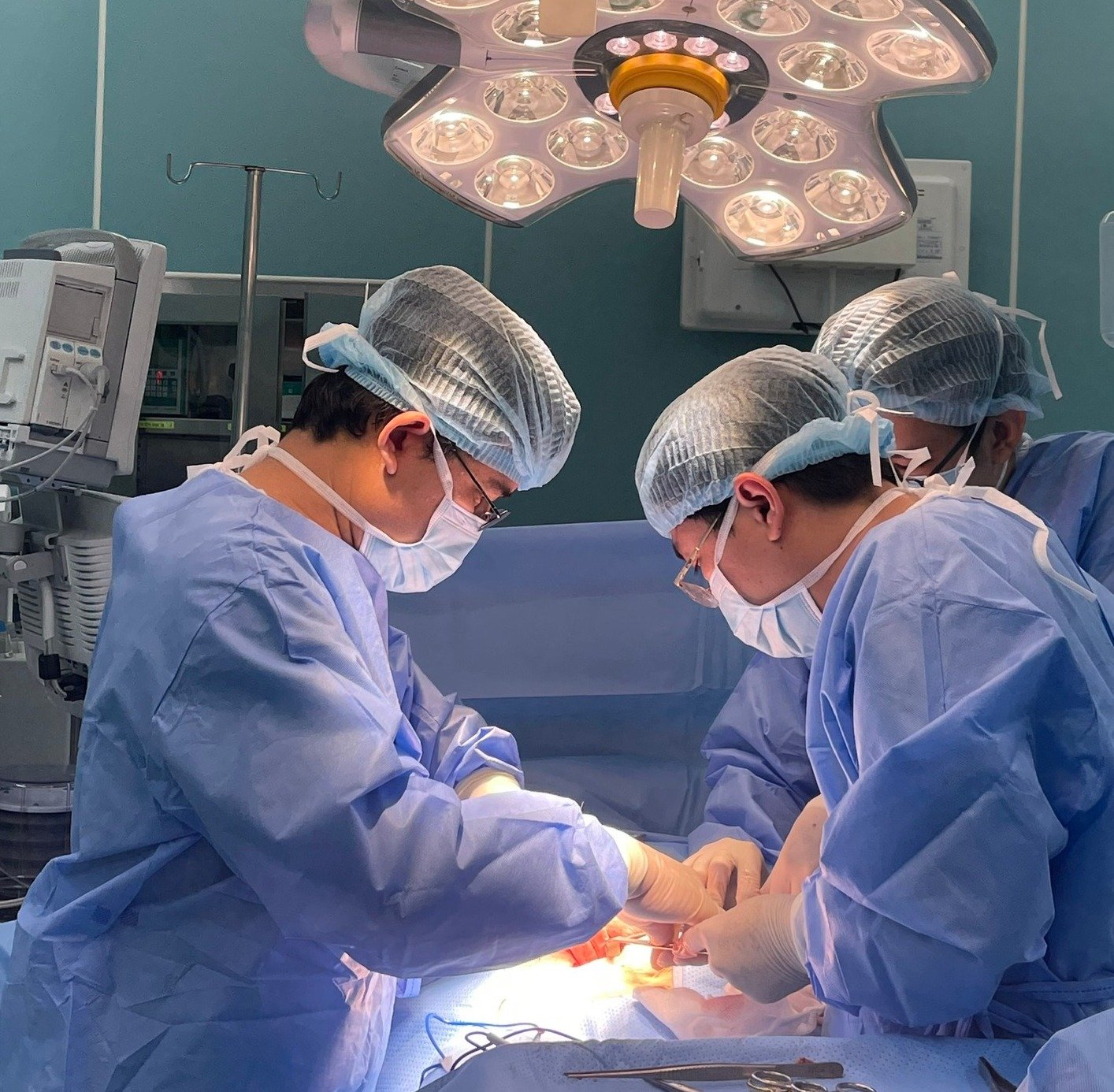
The patient received timely surgery, had the damaged intestine removed and the abdominal cavity cleaned. Photo: BVCC
Dr. Thao added that most patients accidentally take the medicine in the original blister pack without knowing it. In addition, many patients are aware that they have swallowed a foreign object but think that the foreign object can come out, so they do not go to the hospital for early treatment.
Foreign bodies are medicines stored in blister packs that often have many sharp edges. Digestive juices cannot destroy them, so they will cause serious damage to the digestive tract at many locations they pass through. More seriously, the damage can extend to a section of the intestine and must be removed.
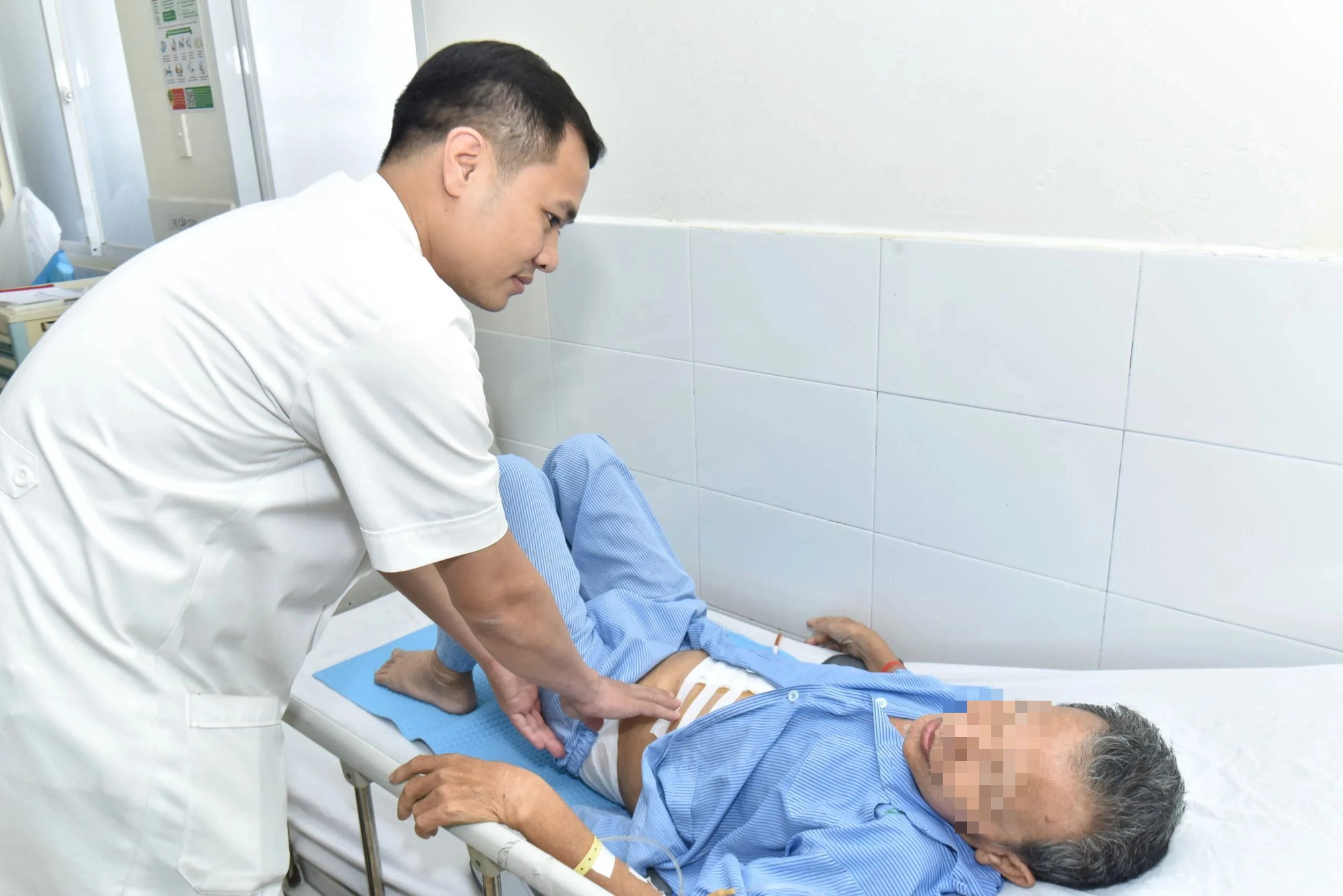
Patients receive post-operative care at the Department of Abdominal Surgery, Military Hospital 175. Photo: BVCC
Dr. Thao recommends that people and medical staff should follow the instructions for taking medication and should not divide medication that needs to be stored in blister packs. Elderly people and people with poor eyesight should be supervised by relatives or medical staff when taking medication.
The dose of the medicine should be divided and stored for a short time in a zip bag or in a medicine storage box. In case of accidental swallowing of the blister pack, go immediately to a specialized medical facility for timely monitoring and treatment.
Swallowing an indigestible object, also known as swallowing a foreign body, is not an uncommon phenomenon and most of the time 90% of foreign bodies can pass through the digestive tract safely, only about 10% of foreign bodies cause digestive problems such as intestinal obstruction, intestinal perforation, inflammation, abscesses, etc. Of which, intestinal perforation due to a foreign body is the most serious complication and is rarely seen, accounting for 4-6% of the causes of intestinal perforation in general, often caused by long foreign bodies with sharp edges such as fish bones, bamboo toothpicks, metal, tree seeds, blister packs, etc. and is more common in alcoholics, people who use removable dentures, people with poor eyesight or children.
Source





![[Photo] National Assembly Chairman Tran Thanh Man attends the ceremony to celebrate the 1015th anniversary of King Ly Thai To's coronation](https://vstatic.vietnam.vn/vietnam/resource/IMAGE/2025/4/13/6d642c7b8ab34ccc8c769a9ebc02346b)
![[Photo] Prime Minister Pham Minh Chinh chairs the Government's special meeting on law-making in April](https://vstatic.vietnam.vn/vietnam/resource/IMAGE/2025/4/13/8b2071d47adc4c22ac3a9534d12ddc17)
![[Photo] National Assembly Chairman Tran Thanh Man attends the Policy Forum on Science, Technology, Innovation and Digital Transformation](https://vstatic.vietnam.vn/vietnam/resource/IMAGE/2025/4/13/c0aec4d2b3ee45adb4c2a769796be1fd)
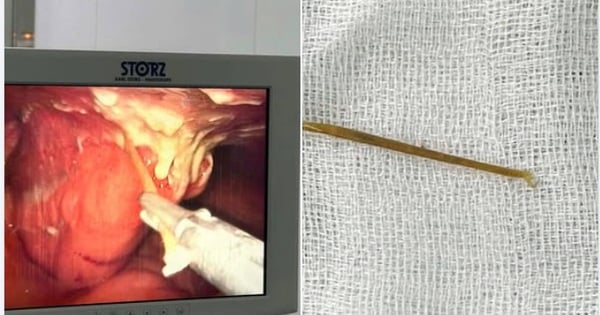
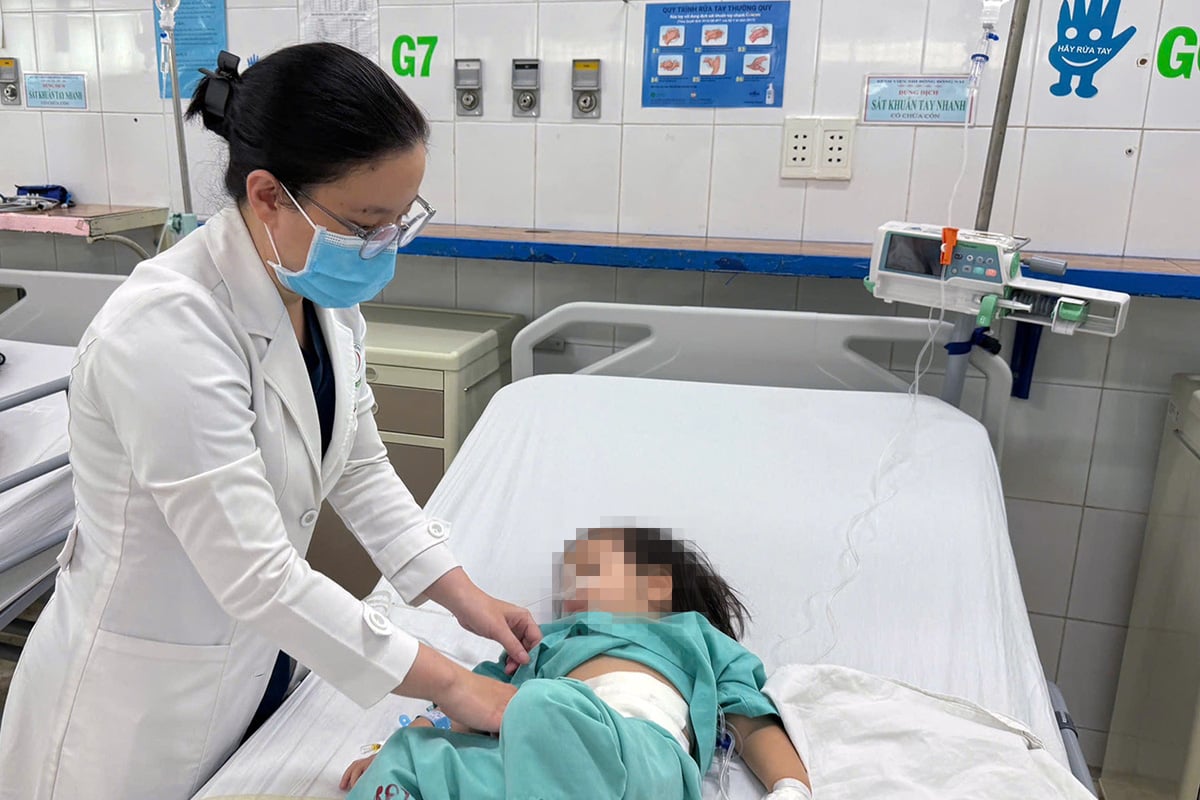

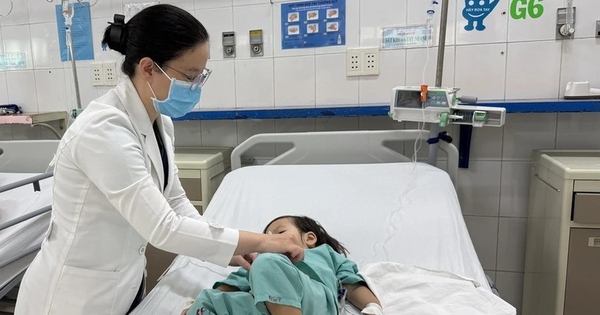
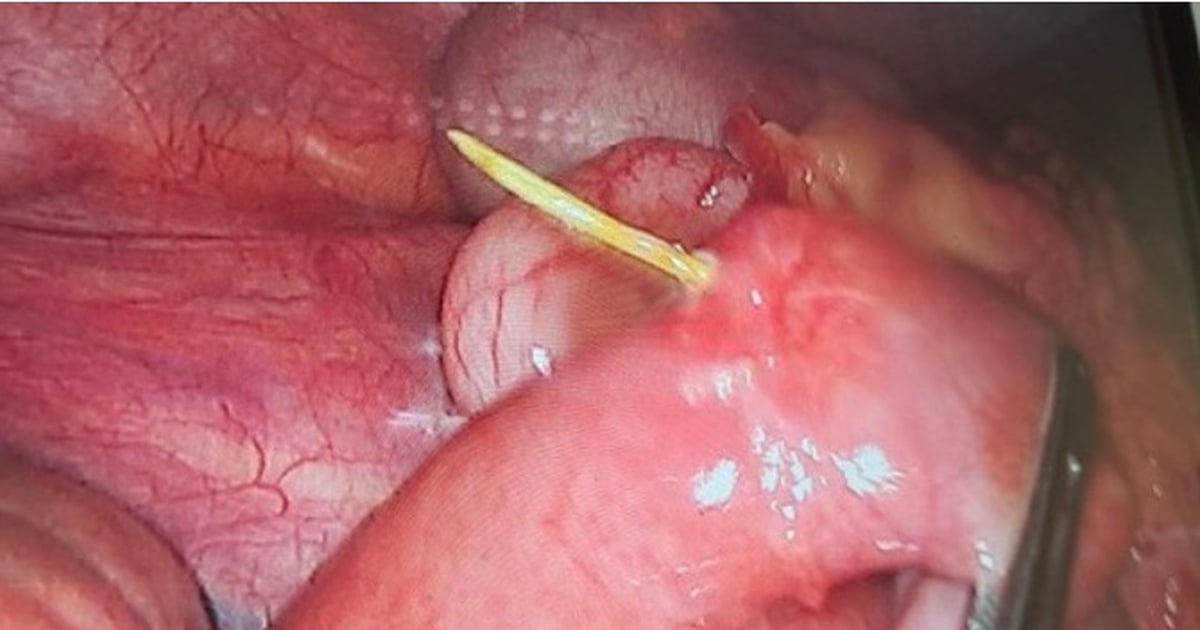



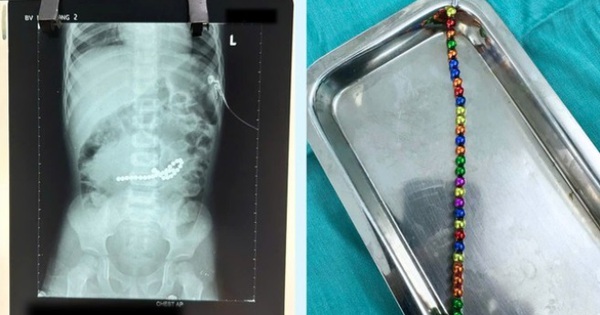
![[Video] Hanoi: Measles cases forecast to continue to increase](https://vstatic.vietnam.vn/vietnam/resource/IMAGE/2025/4/14/d8da316d2602439c8cba474e3bebed26)



















































































Comment (0)